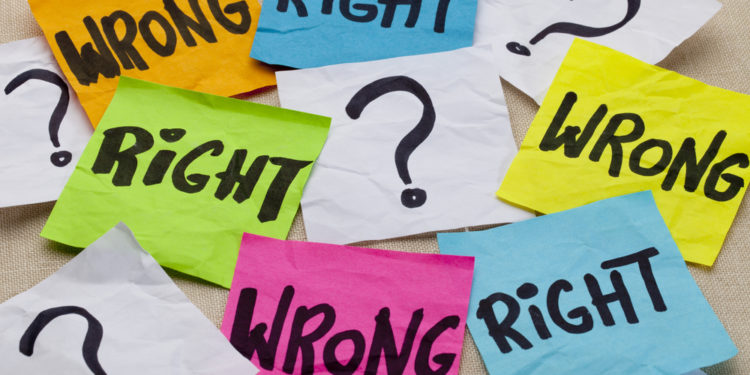When we talk about economics, the conversation often revolves around cutting costs, profits, and rational policy choices. But too often, we forget to ask a critical question: Right or wrong? Our economic decisions regrettably, are increasingly made using cold math with human dignity coming as secondary concerns.
We’ve seen this play out too many times. Consider the 2024 Finance Bill that introduced new taxes on basic commodities and services. The goal was to raise government revenue in a tough economic climate. But those taxes were to greatly affect low income earners and small businesses people who were already struggling. What kind of policy punishes the poor to balance the books?
Such examples reveal the dangers of economics when stripped of ethics. Policy makers must realize that markets and budgets don’t just exist in a vacuum, they operate within a social environment, and when we ignore that, we often justify decisions that harm the very people they’re supposed to help.
While many still believe that ethics is subjective, while economics is an objective science, real-world decisions are never that simple. For instance, why do Kenyans still contribute to Harambee’s for neighbors or return lost wallets, even in hard times! Or aren’t they “rational” enough?
Ethics shouldn’t therefore be an afterthought. It should be central to how we design policies and make economic decisions in Kenya. When Treasury drafts the next budget or Parliament debates new taxes, they’re not just juggling figures they’re deciding who gets healthcare, who thrives, and who suffers. Ignoring the ethical aspect leads to blind spots and injustice.
If we want an economy that serves all Kenyans we must bring ethics back into the conversation. We need economists, policymakers, and citizens who can think critically, not just calculate, run excels and spin theories. If anything, good economics can only bloom from noble values.














